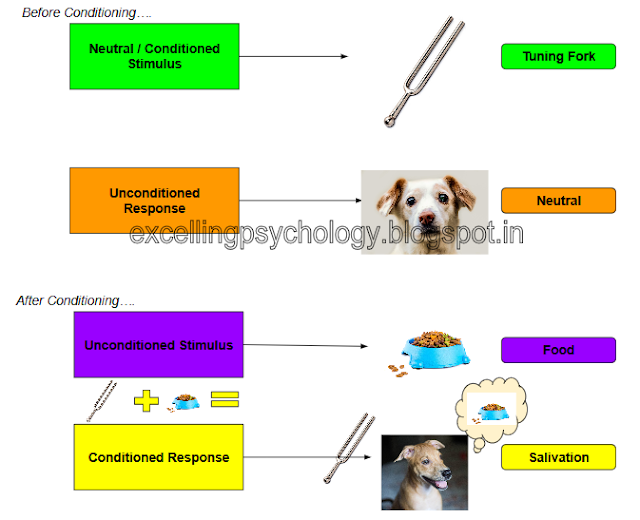Understanding Research
(*Please
Note - I have diversified my work on Excelling Psychology into
different blogs for better organization of content. I am continually
working on the same, so these sites will be updated with more content
soon.
CIE IGCSE Psychology learners may be interested in the following:
Model Answers on the following blog:
https://psychologymodelanswers.blogspot.com
References of studies for answer writing in a highly organized, detailed format:
https://psychologyreferencesummaries.blogspot.com)
References of studies for answer writing in a highly organized, detailed format:
https://psychologyreferencesummaries.blogspot.com)
--------
What is research, and why do we need to know about it?I'm sure you could just make a quick search of the word 'research' and find out what it means. However, as of now, we need to know how research concerns Psychology.
Research in Psychology is the base of all its knowledge. Whatever you learn in psychology - be it about emotions, thoughts, health, lifestyle, interactions, and so much more - the information under all theses topics is coming from research. Without research, how would we answer questions like, "Why are some people happier than others?" "How can we get rid of our addictions?" "Why are some job more preferred than others?" Could we just rely on someone's opinion to answer these questions? Of course not. So, Psychology being the scientific field that it is, undertakes careful investigations to answer these and tonnes of other questions as accurately as possible. These meaningful investigations or studies come under the term 'research'.
When do scientists undertake research?
A one line answer to this is - whenever there is an important question, simply called a research question that needs to be answered. For example, if you were reading a lot about the four-day work week in select cities in the US, and wanted to know how well this system could be implemented in India, you have just developed a research question in your mind. Who do you think could best answer your question? Let's say, some rare person who has worked under such a system in the US, and also in a six-day work week system in India? But then, could you rely on his single opinion for a correct answer? Wouldn't different people have different experiences of working under the same system? Also, is it enough to take people's opinions to answer a question or would a trial run of the system be more helpful?
Hopefully, you now see most questions demand complex answers, and a few people cannot be expected to give accurate answers. That is where research comes in.
Research cannot be taken up out of sheer curiosity. It is an expensive enterprise - in terms of both effort and financial cost. Besides, not every question is unanswered, neither does every question need to be answered multiple times. When exactly then, a researcher decides that his question is deserving of an effort that an investigation demands?
All this, and a lot more is what a student at a foundation level needs to understand before preparing for the exam. Without such a background, the student will have no motivation to learn, and like I mentioned in an earlier post, memorizing concepts will not suffice in critical thinking based examinations. Such a background is quickly understood - within a few minutes at most, and is certainly worth that little time spent, for it saves hours of frustration that the student will encounter without it.


Comments
Post a Comment
I would love to have your feedback or suggestions, or answer any of your queries. Feel free to express yourself below. I will get back to you as soon as possible.